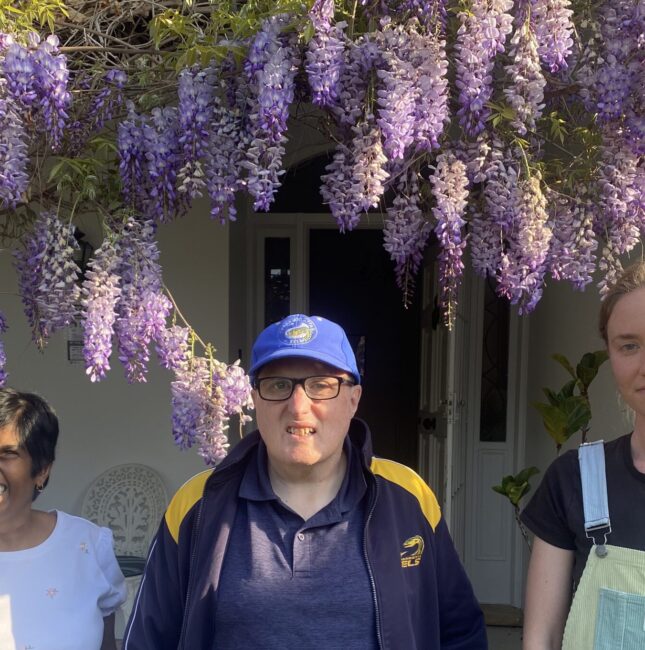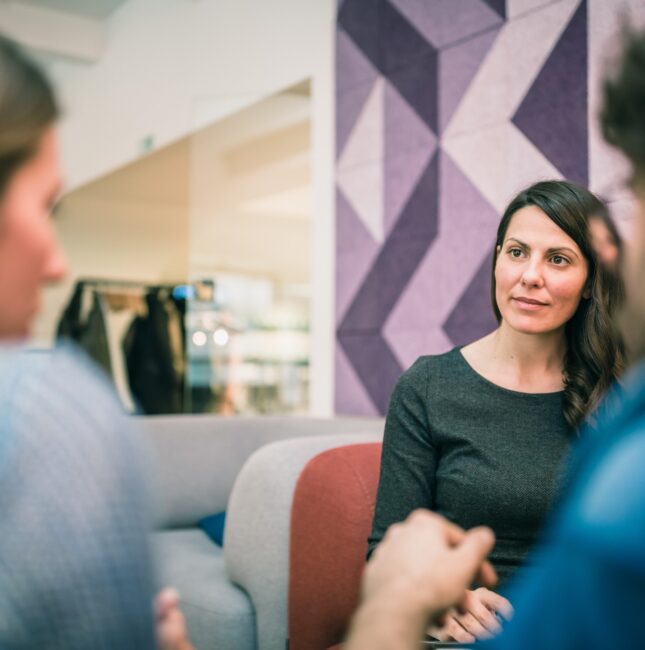How the holiday period impacts homelessness, suicide rates and domestic violence
January 21, 2020
For many people, the holidays are a wonderful time full of family, love and cheer. However, the widespread claim is that the holidays also see a disturbing spike in suicide rates, homelessness and domestic violence. Are these claims true? If they are, how much of a spike does Australia typically see and why?
Domestic violence rates over the holidays
From Christmas to New Years, domestic violence hotlines and programs expect to see a 20% spike in domestic violence related calls. During this time, the Women’s Community Shelter reported they had a 30% increase in Australian women seeking beds over the holiday period.
Stress, alcohol and more family gatherings all factor into these spikes. Another factor is the fact that many court systems close December 24 for up to two weeks. This takes away a lot of legal support for victims of domestic violence, and it causes them to seek alternative ways to get help like via hotlines or shelters.
Suicide rates over the holidays
Over a 19-year period, researchers examined suicide data from the Queensland Suicide Register on Easter, Christmas, New Year’s, Anzac Day and Valentine’s Day. The research noted a significant spike in the number of suicides on both New Year’s Day and on Christmas Eve.
These statistics show that the start and end of the holiday season are when it’s important to pay close attention to those who are at a higher risk of committing suicide. Stress and pressure can play into these spikes, as well as isolation.
Aboriginal and Torres Strait Islander people are another population where suicide risks are very high. Statistics show that suicide accounts for 4.9% of all Aboriginal and Torres Strait Islander deaths, and suicide rates spike after the holidays. Many live below the poverty line, and the holidays can be a stressful and depressing time.
Homelessness over the holidays
Australia’s homelessness problem is getting worse, especially in larger cities. In just 10 short years, the homeless population in Australia has increased by 10%. With more and more people using shelters, it can be difficult for people to find safe spaces over the holidays.
Stress and tension, coupled with a lack of funding, can make it difficult for the homeless population to better their situation without help. Resources disappear quickly over the holidays due to higher demand, and it leaves a lot of people with nowhere to turn.
Whether it’s domestic violence, suicide or other mental health concerns or homelessness, CatholicCare has resources available. We’re very involved in the local communities, and we have a raft of great programs available.
Our counselling services help people learn how to manage their finances, and we have individual counselling available as well as family therapy. We have several offices spread throughout the Diocese that helps us reach a broad range of people.
We have homelessness services available as well, such as transitional accommodation, and we provide a support system for people who are struggling. We can make referrals, offer emotional and financial support, and provide the tools people need to successfully create new lives for themselves.
When it comes to domestic violence, we have services available for children and women to help them get to safe environments. Our services include accommodation including a refuge, court support, advocacy groups, specialist housing, support groups and caseworkers.
If you have questions about our services or if you’d like to know more about how we help, reach out now. Our staff are happy to help direct you to the resources you need. All you need to do is ask.
More news stories like this one
Mark has greater control
It's been a year of change and growth for Mark, who is a proud resident of CatholicCare’s newly established Supported Independent Living house in Wahroonga. Upon being asked what he most enjoys about living at Kokoda House, Mark says, “everything!”
Read MoreLet’s talk about invisible disabilities
When you think of the word, ‘disability’ what do you see? Perhaps you envision someone in a wheelchair, or a person walking with a cane. The reality is that for 90% of people living with a disability in Australia, their disability is invisible.
Read MoreMediation gives Amanda & David breathing space
When Amanda first contacted CatholicCare for help with property mediation, her life was nothing short of chaotic. “You name it, it had happened,” says Family Dispute Resolution Practitioner Melanie.
Read More


